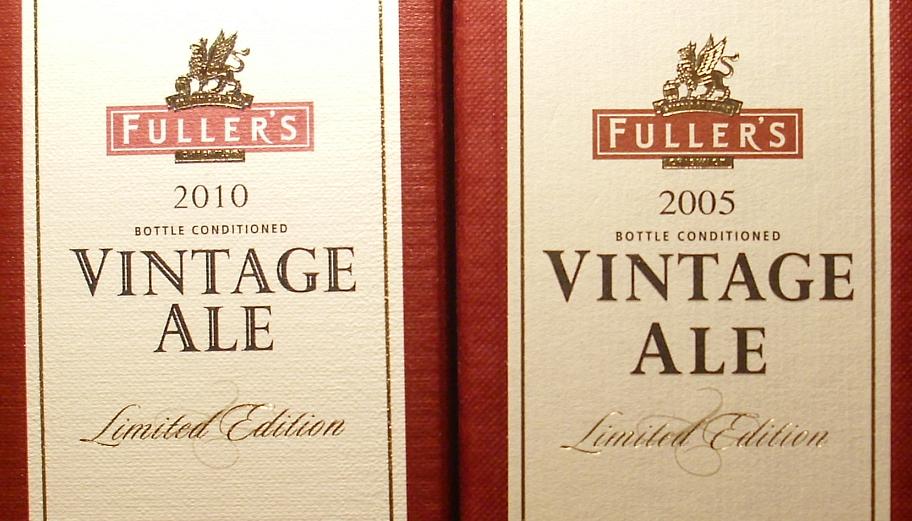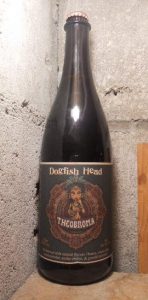Remember all the fuss 11 years ago about whether the millennium ended with the first minute of the first day of 2000 or 2001? Prigs aplenty had their view and most people sensibly had not a care for what they said. But today is different. There is no argument after midnight tonight that somehow the first decade of this century continues. It is done and, frankly, aren’t we well rid of it? Global recession after bubble after terror attacks after Y2K. Good bye.
We are digging out now from a decade of crap. Tonight is the beginning of that, the beginning of something defined by that digging out. Yes sirree. But what? It is another decade without a name. The teens? But 2011 is only a tween by that logic. If the last ten years seemed like we were being ruled, by turns, by the rage and joys of a pre-schooler with a wet diaper and no bottle will the next ten be awkward, gangly, gloomy and pimpled? Will that be an improvement?
- What did I like this year? It was a big year for my internet writing as it turned out. While I seem to have moved heartily over to the beer blog and lost the daily habit here, I finally got more active on Facebook and Twitter, too.
- Conversely, I read a huge amount for the first time in years. Histories, aboriginal social and legal theory as well as a bit of the languages, US constitutional writing, some baseball, everything I could find about Albany ale but a lot less about current politics.
- I got out and about a bit but a bit less than in years past. No great push into the mid-west or the US south. Maybe in 2011. There are just too many humans to move these days. We have gone from a room in a motel to a junior suite in a hotel to two basic rooms in hotels with dreams of two junior suites. I should take up camping. I will never take up camping.
- Politics depressed me. In Canada, we are led by the dull. In the US, the national campaign was bungled. Only in the UK was there a new thing. But that thing is posed to crush before it shows whether there is any benefit to come from the crushing.
- I can’t think of an album of the year. Listened to a lot of music but not sure what record stood out. I like “Empire State Of Mind” a lot but only because the title implies that it includes the whole state which means somehow that Watertown is included in its embrace. I could have played more banjo but I played a fair bit.
- Sports? Sox did well with what they had. Story of my life as a fan – except for the Leafs. They just suck.
I didn’t know that this would be my year in review when I started it but, really, what news occurs between Christmas and New Year’s Eve? Nothing. Well, weather news, North Korea still postures and someone got ripped off in an unimportant bowl game. Maybe that.
None

 My math is pretty bad but not as bad as the news out of Liverpool in central New York near Syracuse that the Galeville Grocery has shut after being a grocery store since 1926 and a building since 1854. Reader Jack forwarded me
My math is pretty bad but not as bad as the news out of Liverpool in central New York near Syracuse that the Galeville Grocery has shut after being a grocery store since 1926 and a building since 1854. Reader Jack forwarded me 

 Obviousness Update: Monsieur Noix of Ireland calls me out over the geography but I am mere puppet in this respect, parroting the brewery itself.
Obviousness Update: Monsieur Noix of Ireland calls me out over the geography but I am mere puppet in this respect, parroting the brewery itself.

